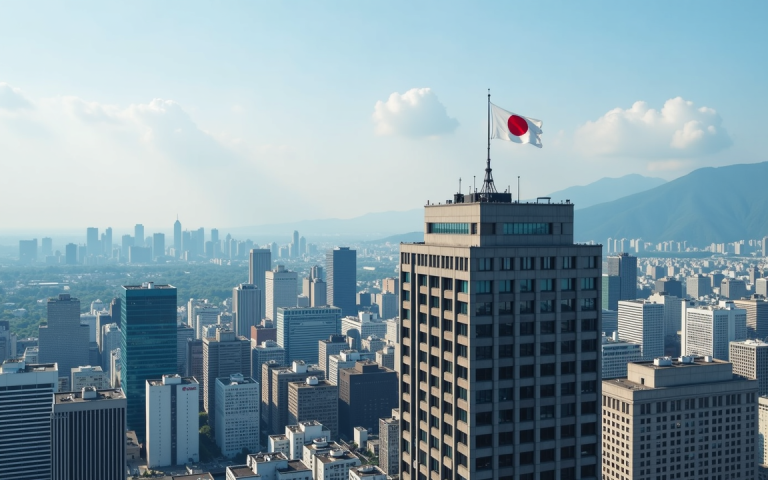According to a Reuter’s report, Japan is on track to see record-breaking take-private deals this year, with transactions expected to exceed the $40.3 billion total logged in 2023.
A mix of pressure from activist investors, governance reforms from the Tokyo Stock Exchange, and unprecedented private equity interest is fuelling a wave of delistings.
In the year to 20 August, private equity deals already reached $27.6 billion, nearly triple the $9.5 billion during the same period in 2024, according to Dealogic.
Big buyout funds, once viewed as “hagetaka” or vultures, are now being actively courted by companies eager to restructure away from public scrutiny.
Private equity activity accelerates with $27.6 billion deals
Japan’s private equity pipeline is expanding at a rapid pace. Firms such as Carlyle, KKR, EQT, and Blackstone are competing for opportunities as demand rises.
Carlyle Japan alone reported more than 300 opportunities under review across its three core sectors, with around 30 deals expected to close within 12 to 18 months.
Prominent recent announcements highlight this surge. Blackstone made a $3.5 billion bid for engineering staffing group TechnoPro, while EQT launched a $2.7 billion offer for elevator-maker Fujitec.
These moves underscore the scale of capital deployment in Japan, bucking the global slowdown in private equity activity.
Japan’s strong capital markets also give funds flexibility in structuring exits. Industry insiders expect more sponsor-to-sponsor deals, relistings, and mergers and acquisitions as routes for investors to capture returns, further bolstering deal appetite.
Activist investors push companies toward delistings
Governance reforms from the Tokyo Stock Exchange have pressured listed companies to improve capital management and cut cross-shareholdings.
These rules aim to address Japan’s unusually high number of undervalued stocks and have triggered a wave of share buybacks, asset disposals, and management buyouts.
Activist investors are also playing a pivotal role. Oasis Management’s targeting of Fujitec led to its stock price doubling over three years, before EQT’s eventual takeover bid.
However, the private equity offer was lower than the market valuation, showing how activist-driven speculation can complicate dealmaking.
Bank of America noted that once activists push share prices too high, making a buyout offer becomes more difficult. To avoid this, companies are increasingly reaching out to private equity partners before activist pressure escalates.
Companies increasingly initiate talks with private equity
Unlike in previous decades when private equity was feared, Japanese management teams are now proactively initiating discussions. Funds say up to half of current negotiations are started by the companies themselves, reflecting a change in attitude.
Management teams see take-private deals as a strategic tool to restructure operations outside the scrutiny of public markets.
Private equity firms usually allow existing executives a chance to execute turnaround plans, creating a more cooperative approach compared with activist investors.
This proactive strategy has turned delistings into a natural option for many companies seeking flexibility and stability. With abundant private equity capital in the market, both large-scale and mid-sized firms are lining up for possible buyouts.
Exit strategies expand as Japan’s capital markets support growth
Japan’s developed capital markets and investor appetite support diverse exit options. Relistings of restructured companies, cross-border mergers, and sponsor-to-sponsor sales are all being actively considered by private equity players.
EQT, which has already been active in Japan’s market, signalled that sponsor-to-sponsor exits are becoming more common, given the amount of capital waiting to be deployed. This trend strengthens private equity’s role as both a buyer and seller in Japan’s deal landscape.
With reforms ongoing, activist pressure rising, and private equity funds flush with capital, Japan’s dealmaking momentum looks set to continue through 2024, setting new benchmarks in value and volume.
The post Private equity deals in Japan hit $27.6 billion by August, on track for record year appeared first on Invezz

